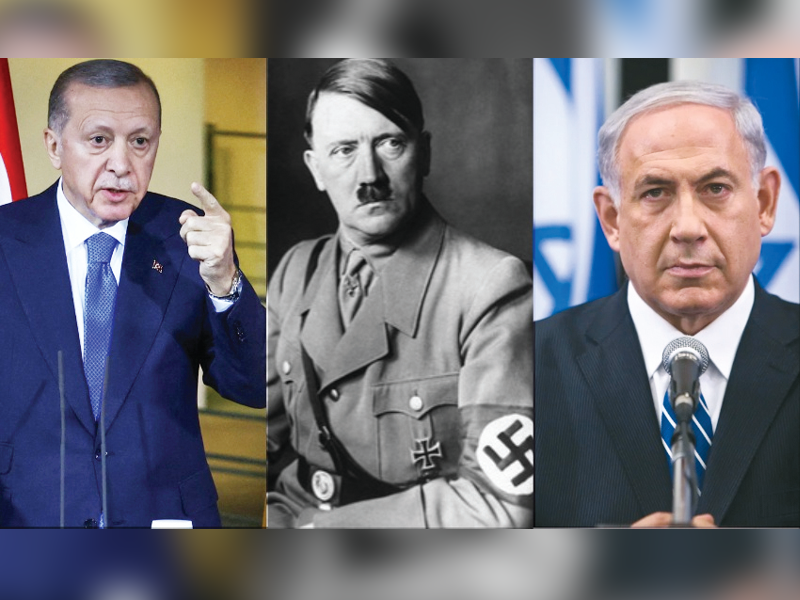The ‘axis of resistance’ has been broken, but beware of the Ikhwani threat
The risk is that the anti-Israel “axis of resistance” from Iran could be replaced by a new pro-Hamas, Muslim Brotherhood alliance led by Turkey’s president.
By Giovanni Giacalone
JNS
Feb 6, 2025

Turkish officials recently warned that Israel is wrong for being skeptical about the new interim government in Damascus led by Hayat Tahrir al-Sham leader Ahmad al-Sharaa, aka Abu Mohammad al-Julani. According to Ankara, its cooperation with Damascus is important to maintain stability in Syria and counter Iran’s desire to drag the country into a new civil war.
A peaceful and politically stable Syria would be bad news for the Iranian regime. Its so-called “axis of resistance” connecting Iran to Lebanon is already suffering. It was broken by the Syrian rebel offensive that led to the ousting of longtime Syrian President Bashar Assad, as well as by Israel’s military campaign in Lebanon that ravaged Hezbollah.
The regime sitting in Tehran is in the weakest state since its birth in 1979. It is unable, at least for now, to destabilize the Middle East as it did until not too long ago.
The pressure against Tehran must not only be firmly maintained but must be also increased until the regime follows Assad’s path. As Israeli Prime Minister Benjamin Netanyahu said in an online address to the Iranian people: “You will be free sooner than you think.” This is a dream that should be hoped for by all supporters of freedom and democracy.
In the meantime, extreme caution must be kept toward the new leadership in Syria and its Turkish backer, Turkish President Recep Tayyip Erdoğan’s AKP-led government. Just recently, the new Israeli minister of foreign affairs, Gideon Sa’ar, highlighted an essential aspect regarding Erdoğan’s Turkey, and its ideological link to Hamas and Qatar.
“ … [I]t is important to understand that the distance between Hamas and Qatar is very small,” he said in an interview with The Jerusalem Post.
“They are not on opposite ends of the spectrum. This must be
acknowledged, especially given Qatar’s alignment with Turkey and their
shared ideology of the Muslim Brotherhood. … This is something we need
to monitor closely, as it has the potential to impact regional
dynamics.”


No comments:
Post a Comment